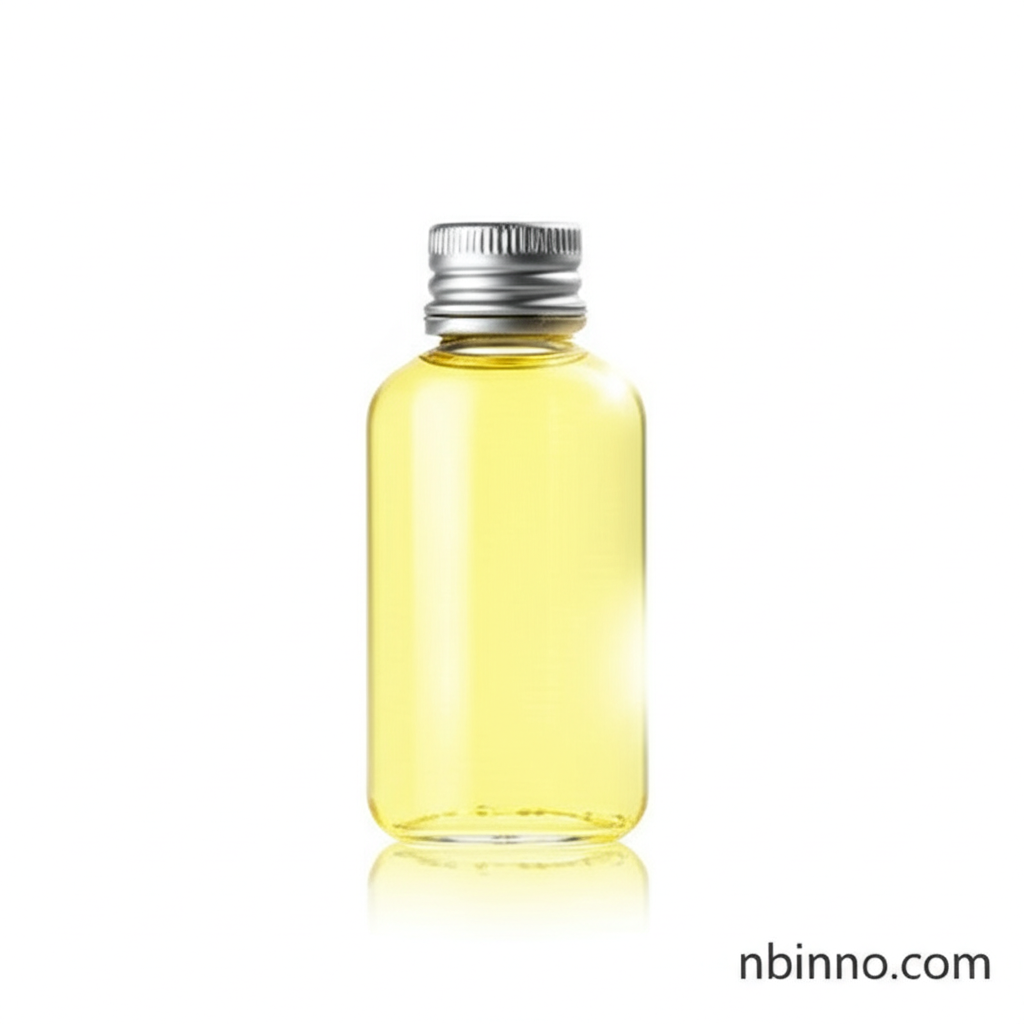4-tert-Butylbenzyl Chloride: A Key Intermediate for Chemical Innovation
Discover the versatile applications of 4-tert-Butylbenzyl Chloride in advanced synthesis and manufacturing.
Get a Quote & SampleProduct Core Value

4-tert-Butylbenzyl chloride
4-tert-Butylbenzyl chloride (CAS 19692-45-6) is a highly valuable chemical intermediate, essential for numerous applications across various industries. Its unique molecular structure allows for precise incorporation into complex molecules, making it a sought-after building block in both academic research and industrial production.
- Explore the synthesis of 4-tert-butylbenzyl chloride for your specific research needs. This compound is pivotal for introducing the tert-butyl group, enabling the creation of specialized organic molecules.
- Understand the chemical properties of CAS 19692-45-6, which make it an effective reagent in advanced chemical reactions, including polymerization processes.
- Utilize 4-tert-butylbenzyl chloride in polymerization to effectively control molecular weight and prevent microgel formation, ensuring product consistency and quality.
- Source pharmaceutical intermediates from tert-butylbenzyl chloride for the development of new drugs and therapies, leveraging its role in complex synthesis pathways.
Key Advantages
Versatile Reactivity
The reactivity of 4-tert-butylbenzyl chloride as a chemical intermediate facilitates its use in a wide array of organic synthesis projects, offering chemists flexibility in molecular design.
Enhanced Polymer Control
Employing this compound in polymerization reactions aids in achieving better control over molecular weight distribution and inhibiting undesirable microgel formation, leading to improved polymer characteristics.
Broad Industrial Application
As a crucial building block for pharmaceutical intermediates and other fine chemicals, its buy online availability ensures access for research and manufacturing sectors seeking reliable chemical suppliers.
Key Applications
Organic Synthesis
Serve as a critical reagent for introducing tert-butyl groups and facilitating various synthetic transformations, essential for creating novel organic compounds.
Pharmaceutical Manufacturing
Function as a key intermediate in the synthesis of active pharmaceutical ingredients (APIs) and complex drug molecules, contributing to the advancement of healthcare.
Polymerization Processes
Control polymer chain growth and morphology, a vital application for producing high-performance polymers with tailored properties.
Fine Chemical Production
Act as a foundational component in the production of a broad spectrum of fine chemicals used in diverse commercial and research applications.
